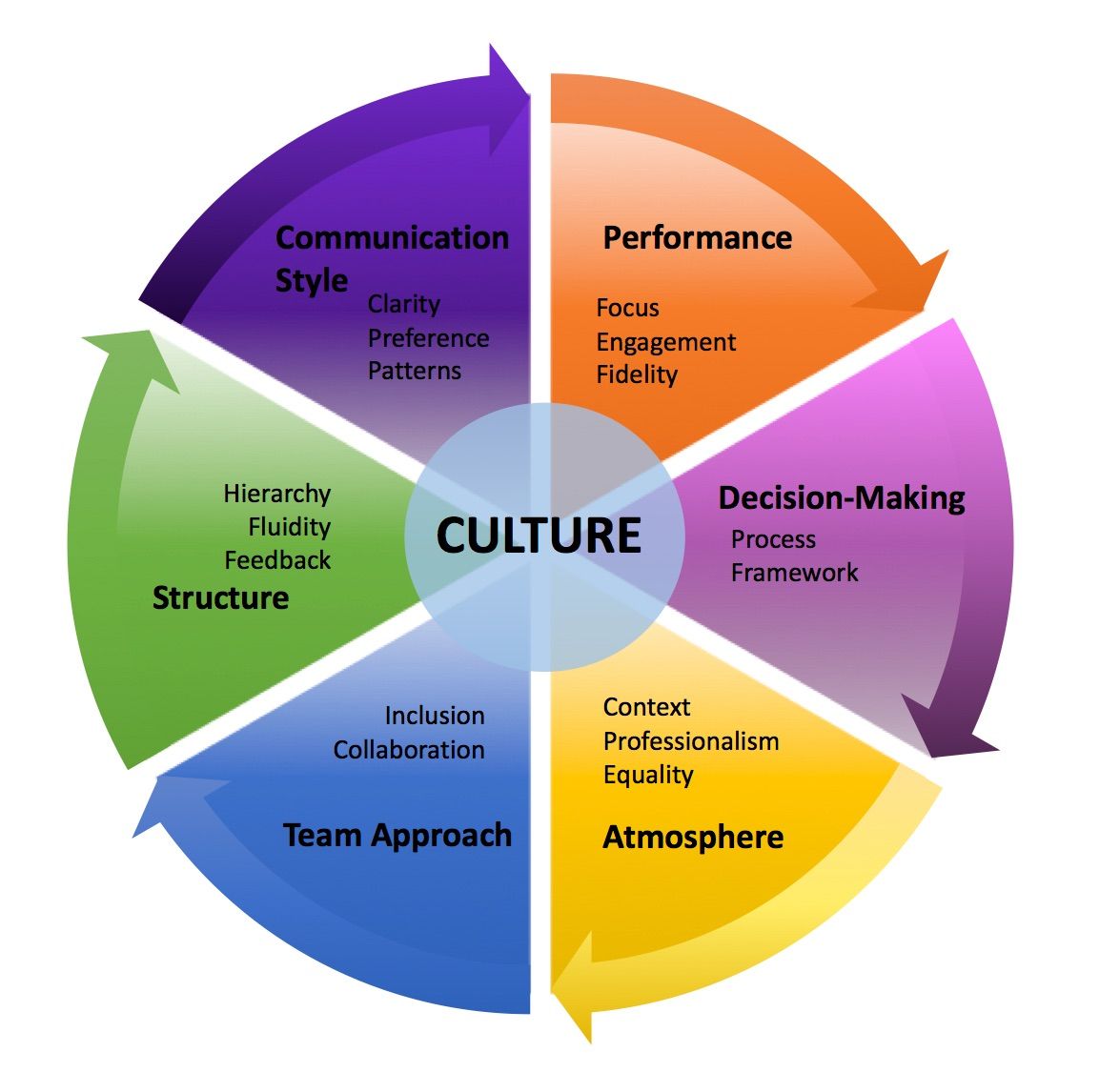In the fast-paced world of technology, having a strong company culture is essential for success. A positive company culture can increase employee satisfaction, foster innovation, and ultimately drive business growth. But how exactly can tech companies build and maintain a strong company culture? In this article, we will explore some strategies and best practices for building a strong company culture in the tech industry.
1. Define Your Company Values
One of the first steps in building a strong company culture is defining your company values. These values serve as the foundation for your culture and guide employee behavior and decision-making. When defining your company values, it is important to involve employees in the process to ensure buy-in and alignment. Your values should reflect the core beliefs and principles that are important to your company and its employees.
2. Lead by Example
Company culture starts at the top, so it is essential for leadership to lead by example. Leaders should embody the company values and demonstrate the desired behaviors. When employees see their leaders living the company values, they are more likely to do the same. Leaders should also communicate openly and transparently with employees, and create a supportive and inclusive work environment.
3. Foster Collaboration and Teamwork
In the tech industry, collaboration and teamwork are essential for success. Encouraging collaboration among employees can lead to increased innovation, problem-solving, and productivity. Companies can foster collaboration by creating open workspaces, promoting cross-functional teams, and hosting team-building activities. When employees feel connected and supported by their colleagues, they are more engaged and motivated to contribute to the company’s success.
4. Encourage Employee Development
Investing in employee development is a key component of building a strong company culture. Tech companies should provide employees with opportunities for learning and growth, such as training programs, workshops, and mentorship opportunities. By investing in employee development, companies can empower their employees to reach their full potential and contribute to the company’s success.
5. Celebrate Successes
Recognizing and celebrating employee achievements is important for building a positive company culture. Companies can celebrate successes through employee recognition programs, awards ceremonies, and social events. By acknowledging and celebrating the hard work and accomplishments of employees, companies can boost morale, motivation, and employee engagement.
6. Embrace Diversity and Inclusion
In the tech industry, diversity and inclusion are critical components of a strong company culture. Companies should strive to create a diverse and inclusive work environment where employees feel valued and respected. Embracing diversity and inclusion can lead to increased creativity, innovation, and employee satisfaction. Companies can promote diversity and inclusion by implementing diversity recruiting efforts, fostering a culture of inclusion, and providing diversity training for employees.
7. Solicit Employee Feedback
Listening to employee feedback is essential for building a strong company culture. Companies should regularly solicit feedback from employees through surveys, town hall meetings, and one-on-one discussions. By actively listening to employee feedback, companies can identify areas for improvement, address employee concerns, and make positive changes that contribute to a positive company culture.
Building a strong company culture requires dedication, commitment, and alignment from all stakeholders. By defining company values, leading by example, fostering collaboration and teamwork, encouraging employee development, celebrating successes, embracing diversity and inclusion, and soliciting employee feedback, tech companies can create a positive and inclusive work environment that drives business success. By prioritizing company culture, tech companies can attract and retain top talent, foster innovation, and ultimately achieve their business goals.


